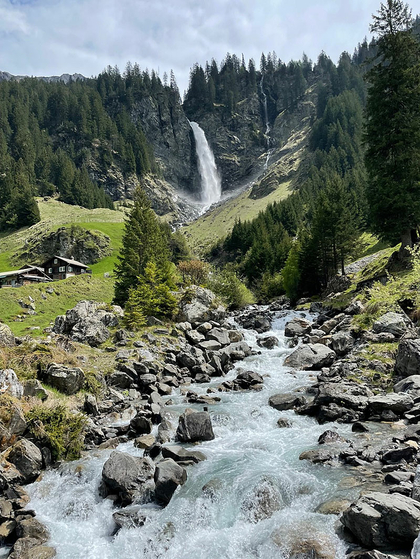Department Fish Ecology and Evolution
Nutritional phenology with climate change

Climate change has the potential to rapidly change the quantity, quality, and phenology (i.e., seasonal timing) of food sources across many ecosystems. Understanding these changes remains a key challenge in predicting how food webs will respond to climate change.
Phenological, or seasonal, advancement is typically happening faster lower on the food chain, creating phenological mismatches between when animals need food and when food is available. Past work on this topic has generally focused on food availability instead of food quality. However, even if food is available, animals may develop nutritional deficiencies if they miss out on key foods containing important nutrients like omega-3 polyunsaturated fatty acids (n-3 PUFA). Such mismatches are likely to be especially problematic for animals, like birds, that live in terrestrial ecosystems, but rely on insects from aquatic ecosystems as source of nutrients like n-3 PUFA. Because the processes of insect development as well as insect fatty acid synthesis appear to be highly temperature-dependent, there is uncertainty about the effects that warming temperatures will have on the availability of important nutrients from insects in the future.
This project will first examine how temperature-based variation in aquatic insect species variation affects the phenology and nutritional quality of entire communities of emerging aquatic insects. Second, we will study how temperature influences the rate of development and nutritional quality of individual species of aquatic insects. Finally, we will estimate how the nutritional phenology of emergent aquatic insects and demand for n-3 PUFA from insect-eating birds will shift in the future with climate change, with the aim of predicting when, where, and for whom phenological mismatches are most likely.



